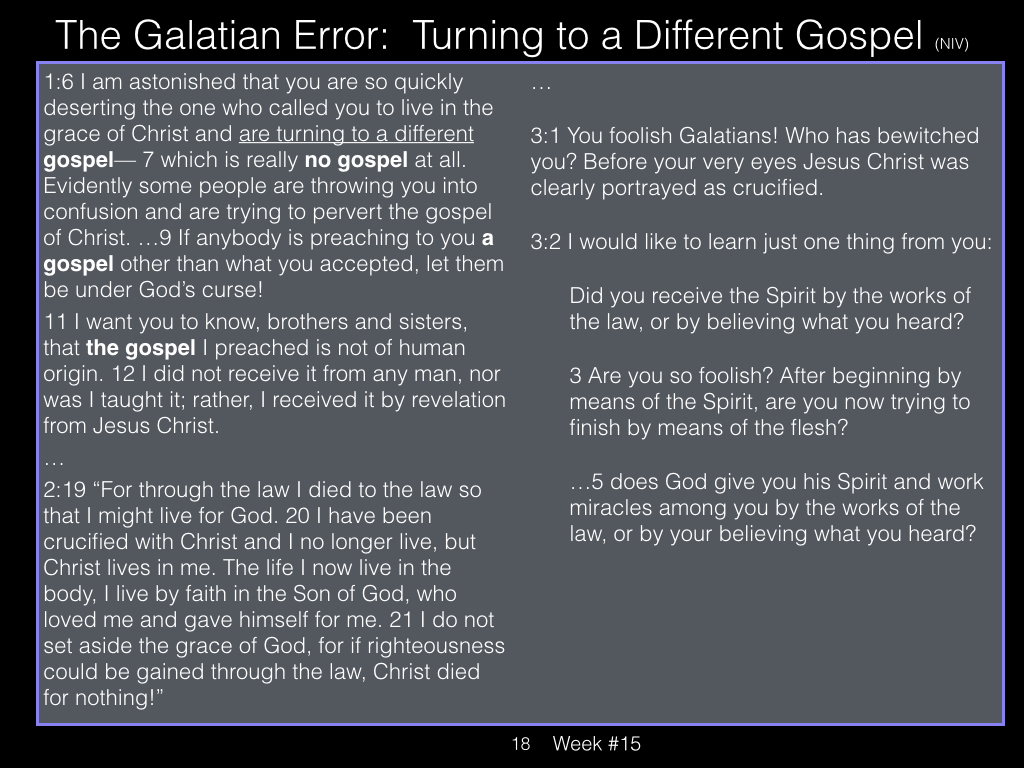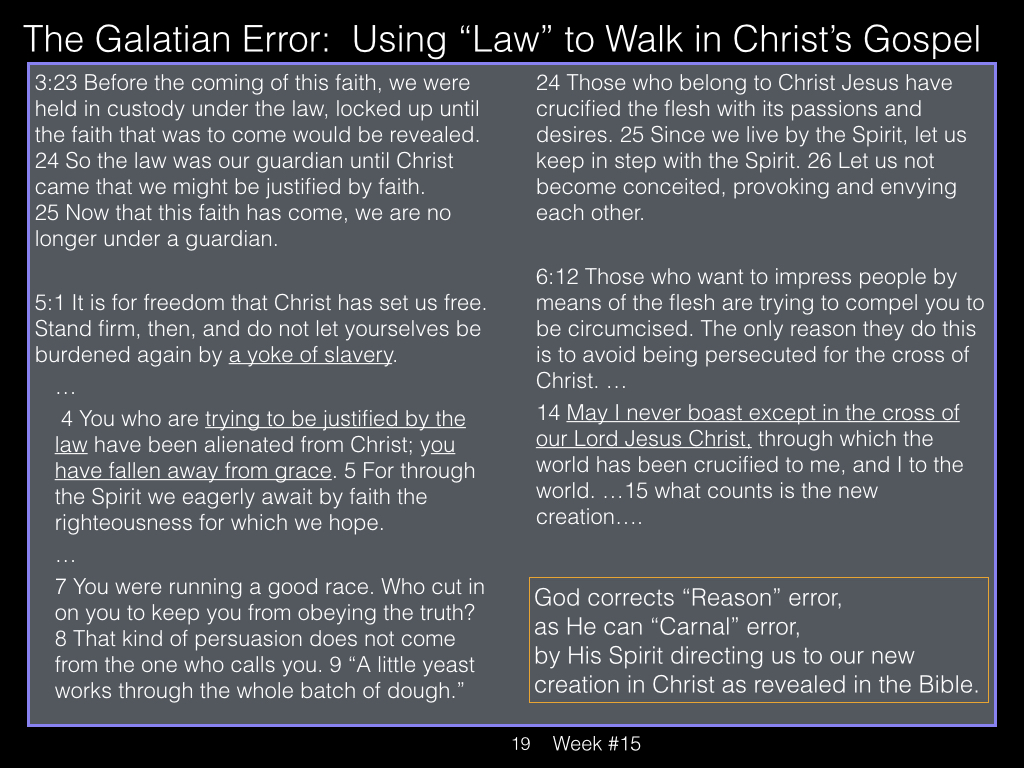What does “gospel” mean?
The message of the person and work of Jesus Christ is summarized in the Biblical term “the gospel.” In our cultural use of language, the word “gospel” has evolved to a different meaning than that used in the Bible. We tend to use “gospel”as an adjective meaning something is solemnly or assuredly true, such as supporting some statement by the phrase “that’s the gospel truth!”
The “gospel” in the Bible is both solemnly and assuredly true, but its root meaning is not “truth” but “good news.” The word translated “gospel” (and sometimes “good news”) is the Greek word from which we get “evangelize.” It is made up of a root–“angel” meaning simply “messenger” (not necessarily a spirit being)–and a prefix, “eu” meaning “good”which transliterates to “ev” of “evangelize.” So the word in the original language of the New Testament means “good” + “message” or “messenger” in the sense of a messenger carrying forward some good news.
The nature of the message of God by the Old Testament prophets
In the Old Testament God’s primary messengers were prophets. These were men specifically called by God to speak His word to their generation of Jews. We have their words recorded in both the historical books of the Old Testament (such as 1 and 2 Samuel and 1 and 2 Kings) and especially in the 17 “prophetic books” beginning with Isaiah and ending with the final book of the Old Testament, Malachi. The news (message) of the prophets was almost always bad news in the sense that God had used such messengers to convey His displeasure with the attitudes and behavior of His people, to command specific changes, and to warn of impending judgment for disobedience.
Yet even in the midst of such disapproval and impending judgment there was often a message of hope even comfort. We will return to this point with the prophet Isaiah.
The nature of the message of God in the New Testament
However, the messengers of the gospel were proclaiming absolutely joyous news, namely: all the requirements of the Mosaic / Old Testament Law have been once and for been fulfilled such that we are no longer under such law but under the principle of grace, the adopted sons (and daughters) into the eternal state of being forgiven.
Let’s look at the occurrences of “gospel” (and “good news”) in our three books.
Acts 15:7
NAS: the word of the gospel and believe.
KJV: the word of the gospel, and
Acts 20:24
NAS: to testify solemnly of the gospel of the grace
KJV: to testify the gospel of the grace
Romans 1:1
NAS: set apart for the gospel of God,
KJV: separated unto the gospel of God,
Romans 1:9
NAS: in my spirit in the [preaching of the] gospel of His Son,
KJV: spirit in the gospel of his Son,
Romans 1:16
NAS: For I am not ashamed of the gospel, for it is the power
KJV: ashamed of the gospel of Christ:
Romans 2:16
NAS: according to my gospel, God
KJV: according to my gospel.
Romans 10:16
NAS: heed the good news; for Isaiah
KJV: all obeyed the gospel. For Esaias
Romans 11:28
NAS: From the standpoint of the gospel they are enemies
KJV: As concerning the gospel, [they are] enemies
Romans 15:16
NAS: ministering as a priest the gospel of God,
KJV: ministering the gospel of God,
Romans 15:19
NAS: I have fully preached the gospel of Christ.
KJV: have fully preached the gospel of Christ.
Romans 16:25
NAS: you according to my gospel and the preaching
KJV: to my gospel, and
(“NAS” designates the New American Standard Bible translation, and “KJV” the King James Version)
It is notable, and ironic, that the word “gospel” does not occur in what we the Gospel of John. John gives a very short biography of Jesus’ life and ministry beginning from eternity past to the post-resurrection period. Because the story is about the sacrifice of Christ in becoming our redeemer, through His death on the cross, this story is magnificent news, however horrific the circumstances. And it is this message that begins its own journey in the book of Acts and becomes the very spine of Romans and the rest of the New Testament. (The word “gospel,” or “good news,” occurs 76 times in the New Testament).
So, What Exactly Is “The Gospel?”
The gospel is the objective, external reality of what Jesus Christ accomplished by His having entered space-time as both truly human, “Son of Man,” and truly God, “Lord,” paying the fully, righteous penalty of sin on behalf of us all so that by our identification (“baptism”) with Him by God’s act of Grace we stand now and forever fully forgiven. That is the most amazing truth of history.
The gospel is not some internal feeling. Nor is it a personal experience, though we experience it personally. The gospel is something that happened within both space-time and the infinite-eternal.
Here is a link to a podcast (of a group known as the White Horse Inn) that explains the gospel in more detail.
Corruptions of “The Gospel”
One of the New Testament Epistles, to the Galatians, deals explicitly with the immediate threat of corrupting the gospel by merging it with law. Below are two summary charts from Galatians. These charts come from a study of the Old Testament Book of Job: www.idealmaking.org


